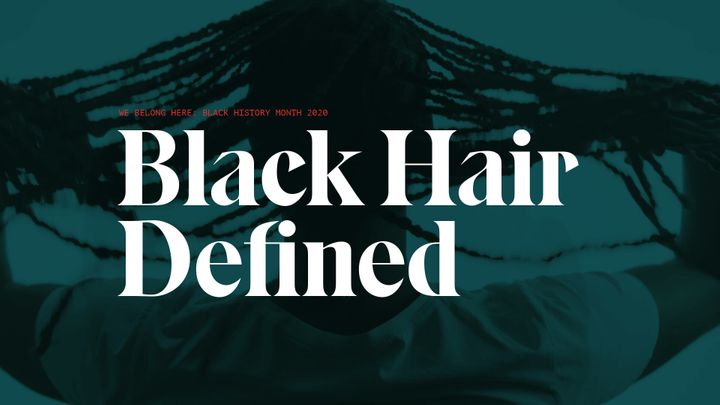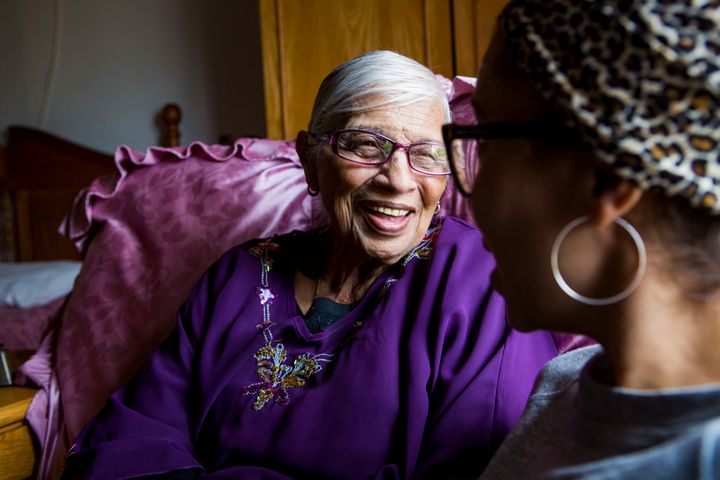[ad_1]
This is Dominique, back on the newsletter this week — this time from sticky, sweltering Singapore, where the streets have been disquietingly empty as people have battened down the hatches and taken shelter out of fear of getting ill with the novel coronavirus. Below, a native of Wuhan, China, the epicenter of the sickness, shares her perspective on the virus terrifying the globe — but let’s not dwell on that for the time being.
I first want to thank all the generous readers who wrote in to share their own stories in response to last week’s newsletter on gender dynamics in marriage. Some readers said gender imbalances in relationships appear to be shifting in a positive direction in many cultures, including in the U.S., but that there’s still a long way to go. Self-love and self-work, including seeking counseling for both partners, is key to enacting change in a relationship, a Pennsylvania-based clinical social worker and family therapist suggested in her email to me.
This week, we’ll be pivoting our focus to something quite different but similarly compelling: Exploring this interactive feature on Black hair, created by HuffPost U.S. and published in honor of Black History Month.
The feature, which seeks to amplify Black conversations about Black hair, tells the stories of 18 people and their relationship with their kinky, curly, straight, dreadlocked and even hairless heads.

Black Hair Defined is all about letting people tell their stories about their hair journeys, Erin Evans, a senior enterprise editor at HuffPost who commissioned the articles for this project, told me from New York.
“Whether that was a story about hair loss, or about embracing natural hair as a Black trans woman or even a few fun pieces that looked iconic hairstyles in film, music, politics and sports — it was important for there to be a variety of perspectives and voices since Black hair is beautiful and versatile in all its many forms,” Erin said.
“For me, this project really resonated as a true exploration of how people think deeply about their relationship to their hair,” Erin added. “I rock a curly ’fro because I love how it looks, whether the curls are defined, frizzy or tangled. And as a Black woman, I think there’s so much beauty and power in being able to embrace my curls and coils no matter what anyone else may think.”
Soak in the project for yourself and then perhaps ponder how your own hair has influenced your identity. Share your thoughts with me at herstories@huffpost.com.
Wishing you a fantastic weekend,
Dominique Mosbergen, Senior Reporter, HuffPost U.S.
Check out the rest of the HuffPost U.S. Black History Month coverage here, and follow Erin and HuffPost Black Voices editor Taryn Finley on Twitter.
If you’re in New York, you can also join HuffPost editors for a conversation on Black hair, politics and identity on Feb. 26. Register here.

Canadian resident and Wuhan native Debbie Lu shares her perspective on the coronavirus outbreak. “So many Westerners only know Wuhan in the context of the [virus],” she laments. “They don’t know that we have famous authors and scholars and actors, or great street food, or hot summers. They don’t know that we’re known for our schools. So when people share negative opinions over social media about my home, because of coronavirus, I wish I could show them its better side — the side of Wuhan that I know and love.”

It can be hard to tell your parents, in-laws and other relatives that you’ve made the choice to not have children. Psychologists and counselors share their advice with HuffPost India on how to have these challenging conversations with honesty, compassion and empathy.
In case you missed it …
Calling all HuffPost superfans!
Sign up for membership to become a founding member and help shape HuffPost’s next chapter
[ad_2]
Source link

